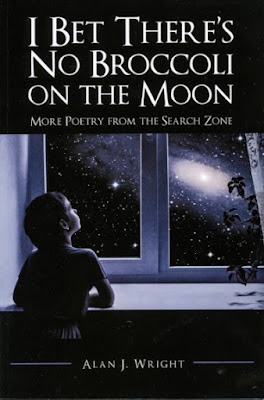Encouraging the Rise of Reflective Young Writers

Reflecting upon our writing lives, is a form of metacognition. We look back in order to discover. We may uncover truths. We may discover we are unconsciously skilled. We may also discover the need to redirect our energies, unpacking important details or revelations to guide our writing lives forward. Reflecting reveals signposts essential to writing development. As teachers of writing, it is vital that we encourage the growth of these same understandings with student writers. We must assist them to develop a level of awareness surrounding their own learning. By teaching mindfully, the inexperienced writer is encouraged to learn how to think and operate independently. In this way, they can be assisted to be more aware of their thought processes. Attaining such a level of awareness will help them immeasurably as learners and in that process they become better writers. If we, as teachers encourage student writers to use reflection as a thinking tool, as well as a writing tool, we emp...



